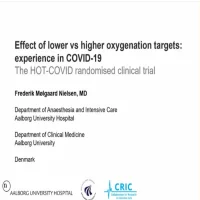The COVID-19 pandemic has had significant impact on healthcare, with millions of cases and deaths reported globally. Healthcare workers have been particularly affected, experiencing increased mental health issues, burnout, and moral distress. The pandemic has led to higher levels of anxiety, depression, stress reactions, sleep disturbances, and posttraumatic stress disorder among healthcare staff. Prolonged exposure to high-intensity stressors has placed them at risk of burnout, characterised by exhaustion, alienation, and decreased performance.
High burnout rates have been reported along with emotional exhaustion, reduced personal accomplishment, depersonalisation, and a risk of suicide. Factors contributing to increased burnout include direct contact with infected patients, fear of infection, lack of essential supplies, high work demands, inadequate training, and limitations on family care and visitation.
Recognising the importance of the mental health, resilience, moral distress, and burnout among healthcare workers, the Task Force for Mass Critical Care (TFMCC) formed a Workforce Sustainment subcommittee which included disaster medicine professionals, physicians, advanced practice providers, nursing specialists, pharmacy experts, and methodology experts. The subcommittee aims to provide actionable guidance based on real-time pandemic experiences and evidence from the literature to enhance the sustainability of the healthcare workforce.
By combining evidence from literature reviews and expert opinions, a total of 197 statements were generated, which were synthesised into 14 major suggestions. These suggestions were categorised into three main areas:
- Promoting mental health and well-being of healthcare staff
- Providing system-level support and effective leadership
- Addressing research priorities and gaps
The suggestions encompass a range of general and specific occupational interventions aimed at meeting the basic physical needs of healthcare workers and reducing psychological distress, mitigating moral distress and burnout, and fostering mental health and resilience. These strategies aim to enhance resilience and promote retention after the COVID-19 pandemic.
Source: Chest
Image Credit: iStock










